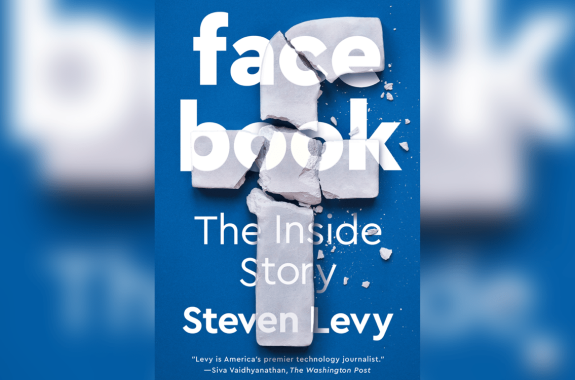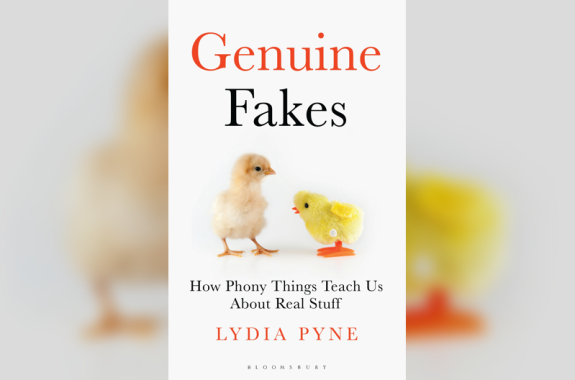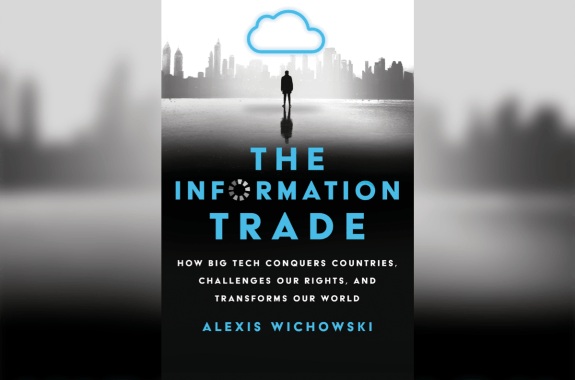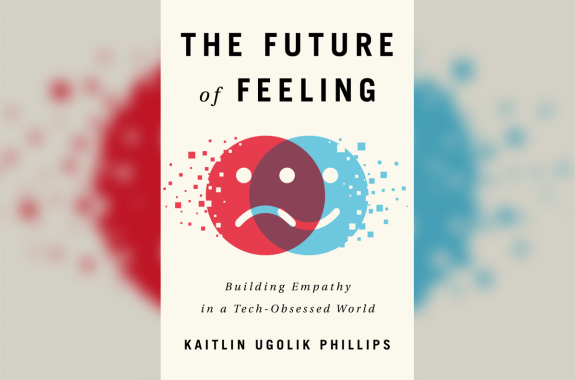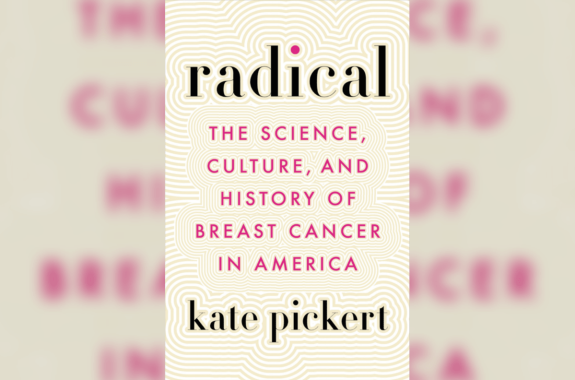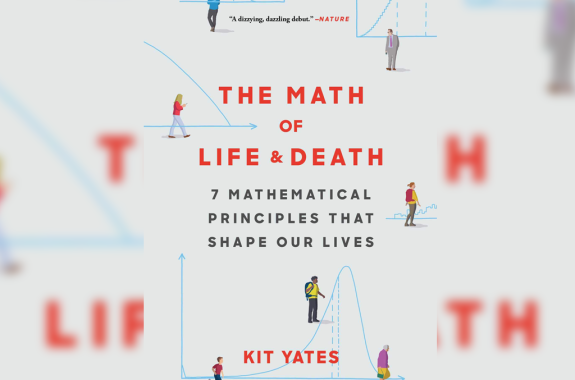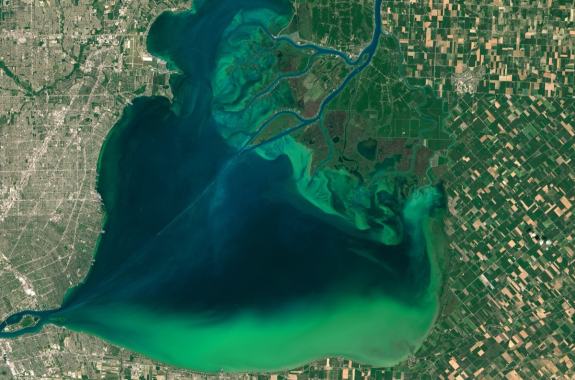How To Ferment Your Own Amazake
Two chefs create a recipe for fermenting the foundation of sake and rice-based alcohols—all with a dash of chemistry.
How Two African-American Employees Exposed Polaroid’s Role In Apartheid South Africa
In materials scientist Ainissa Ramirez’s new book, she tells the story of a pair of Polaroid employees exposed the company’s involvement in a police state.
‘O Snail’ And Other Poems From Jane Hirshfield
Poet Jane Hirshfield writes prose about humanity and our planet while pondering the crises of refugees, justice, and climate in her new book of poems.
How Facebook’s News Feed Became A Political Propaganda Machine
In his new book, journalist Steven Levy unpacks how Facebook’s news feed influenced a presidential election in the Philippines—and how it was a symptom of the rise of fake news.
How The First Non-Natural Diamond Was Grown In A GE Lab
Since ancient times, people have tried to make their own diamonds. In upstate New York in 1954, it finally happened.
What Happens When Tech Giants Assist In Natural Disasters?
When Hurricane Maria hit Puerto Rico, the U.S. government didn’t step in to restore power. What happens when countries turn to private companies for infrastructure?
How Empathy Has Changed In The Face Of Tech
As tech takes over our lives, a journalist reckons with what has happened to our ability to empathize.
Wandering The Woods For A Breast Cancer Treatment
The quest to find a treatment for breast cancer in the 1960s resulted in a botanist searching for a solution in the woods of the Pacific Northwest.
The Messy Math Of Mammograms
Math biologist Kit Yates breaks down the numbers behind breast cancer screenings—and the serious implications of false positive and negative results.
The Microbial Soup Plaguing The Great Lakes
Millions of residents rely on the waters from the Great Lakes—but communities face soupy bacterial blooms, toxic algal mats, and farm runoff that lurk beneath.



